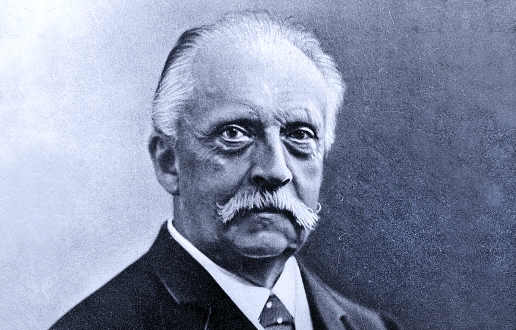
“We are convinced that whatever contributes to the knowledge of the forces of nature or the powers of the human mind is worth cherishing, and may, in its own due time, bear practical fruit, very often where we should least have expected it. Who, when Galvani touched the muscles of a frog with different metals, and noticed their contraction, could have dreamt that eighty years afterwards, in virtue of the self-same process, whose earliest manifestations attracted his attention in his anatomical researches, all Europe would be traversed with wires, flashing intelligence from Madrid to St. Petersburg with the speed of lightning? In the hands of Galvani, and at first even in Volta’s, electrical currents were phenomena capable of exerting only the feeblest forces, and could not be detected except by the most delicate apparatus. Had they been neglected, on the ground that the investigation of them promised no immediate practical result, we should now be ignorant of the most important and most interesting of the links between the various forces of nature. When young Galileo, then a student at Pisa, noticed one day during divine service a chandelier swinging backwards and forwards, and convinced himself, by counting his pulse, that the duration of the oscillations was independent of the arc through which it moved, who could know that this discovery would eventually put it in our power, by means of the pendulum, to attain an accuracy in the measurement of time till then deemed impossible, and would enable the storm-tossed seaman in the most distant oceans to determine in what degree of longitude he was sailing? Whoever, in the pursuit of science, seeks after immediate practical utility, may generally rest assured that he will seek in vain.”
